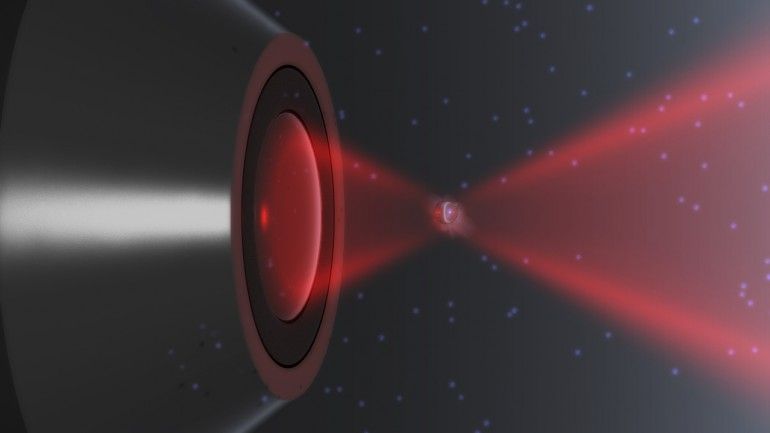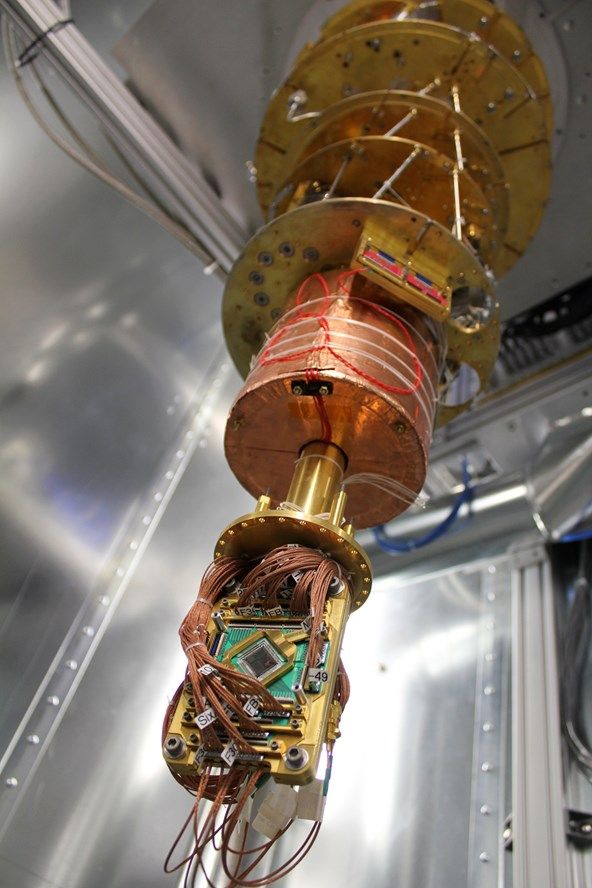May 1, 2014
Fossil Signal from the Earliest Moments of the Universe Reveals New Unknowns
Posted by Seb in category: astronomy
The Daily Galaxy

“There have been hints for a while now that maybe something else is going on,” says Stanford’s Kavli Foundation Deputy Director John Carlstrom, who leads two other experiments that study the universe’s first light. “Maybe we need to… allow some new physics in there. Maybe there are more neutrinos. Maybe they’re more massive than we thought. Or maybe it’s something none of us have thought of yet.”
Last month, scientists announced the first hard evidence for cosmic inflation, the process by which the infant universe swelled from microscopic to cosmic size in an instant. This almost unimaginably fast expansion was first theorized more than three decades ago, yet only now has “smoking gun” proof emerged when the world was stunned by announcement that a telescope at the South Pole (image above) had detected a cosmic fossil from the earliest moments of creation.



 Jason Dorrier — Singularity Hub
Jason Dorrier — Singularity Hub


 In 1969, the United States put two men on the moon. The mission required more than 3,500 IBM employees and the most sophisticated programs ever written. Today, though, a single Apple iPhone holds more computing power than any of the technology used on Apollo 11. That rapid advance can be explained by a pattern called Moore’s Law: every 18 months, the amount of transistors that it’s possible to fit on to a one–
In 1969, the United States put two men on the moon. The mission required more than 3,500 IBM employees and the most sophisticated programs ever written. Today, though, a single Apple iPhone holds more computing power than any of the technology used on Apollo 11. That rapid advance can be explained by a pattern called Moore’s Law: every 18 months, the amount of transistors that it’s possible to fit on to a one–







